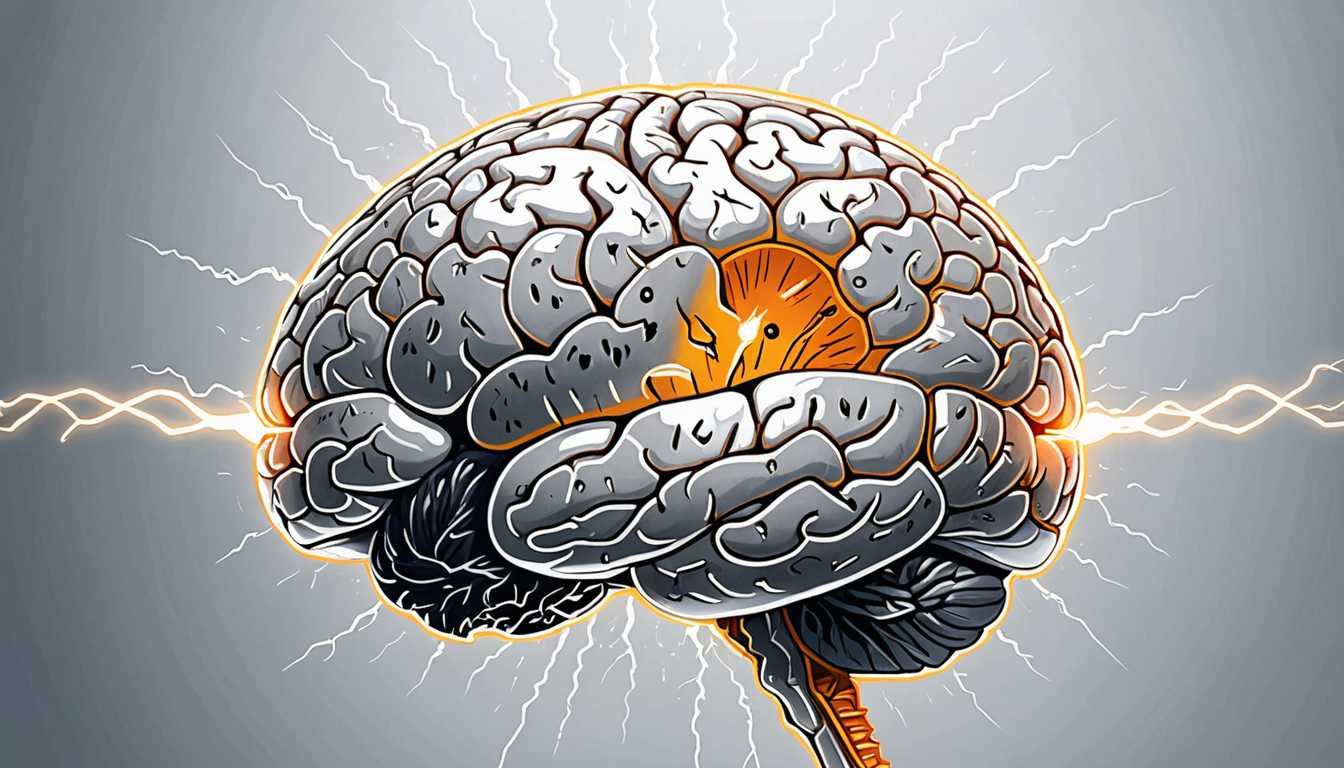Exercise: Your Brain’s Secret Weapon Against Alzheimer’s
January 2025
U of Bristol Research news
Introduction
Hey there, future scientists! Did you know that breaking a sweat might just be your brain's best friend? Research from the University of Bristol suggests that regular aerobic exercise could seriously lower the nasty markers linked to Alzheimer’s disease. This study dives into the science of how exercise benefits your brain, focusing on memory and learning. So grab those running shoes and check out this article to discover how staying active could help keep your brain sharp! Source: U of Bristol Research news.
READ FULL ARTICLEWhy It Matters
Discover how this topic shapes your world and future
Unleashing the Power of Aerobic Exercise for Brain Health
Understanding how aerobic exercise can impact brain health, especially in relation to diseases like Alzheimer’s, is incredibly important. This research indicates that regular physical activity can help reduce harmful markers associated with Alzheimer’s, such as tau tangles and amyloid plaques, which are like the bad guys in the story of brain health. Not only does aerobic exercise support healthy brain cells, but it also promotes better communication between them, which is crucial for memory and learning. Globally, millions are affected by Alzheimer’s, making it a significant health issue. By incorporating exercise into our daily routines, we can take proactive steps to protect our brains as we age. This topic is especially relevant to you as a young person, as developing healthy habits now can set the stage for a vibrant future.
Speak like a Scholar
Neurodegenerative Disorder
A disease that causes the brain to gradually lose its functions and cells, leading to cognitive decline.
Amyloid Plaques
Clumps of protein that build up in the brain and are linked to Alzheimer’s disease, disrupting communication between brain cells.
Tau Tangles
Twisted fibers that form inside brain cells and are associated with neurodegenerative diseases like Alzheimer’s, blocking cell function.
Oligodendrocytes
A type of brain cell that helps produce myelin, which insulates nerve fibers and supports communication between cells.
Ferroptosis
A form of cell death caused by iron accumulation and oxidative stress, which can affect brain health.
Inflammaging
Chronic low-level inflammation that occurs as we age, which can contribute to various health issues, including Alzheimer’s.
Independent Research Ideas
The Role of Exercise in Mental Health
Investigate how different types of physical activity influence mental health and cognitive function in young adults. This is interesting because it connects physical wellness with emotional resilience.
Comparative Analysis of Aerobic vs. Anaerobic Exercise
Explore how different exercise regimens affect brain health markers in various age groups. Understanding this can provide insights into tailored fitness programs.
Impact of Nutrition on Aerobic Exercise Effectiveness
Research how diet may enhance or diminish the brain-protective benefits of regular aerobic exercise. This investigation is intriguing as it blends nutrition science with exercise physiology.
Cultural Attitudes Towards Exercise Across the Globe
Analyze how cultural differences influence exercise habits and their connection to brain health. This can shed light on global health disparities and promote international cooperation.
The Future of Alzheimer’s Treatments
Examine emerging therapies targeting the cellular mechanisms involved in Alzheimer’s, including the role of exercise. This topic is captivating as it merges cutting-edge science with hopeful developments in medicine.
Related Articles

Fasting: Health Benefits or Cancer Risks?
August 2024
MIT News

Antidepressants: The Brain's New Delivery Heroes
June 2024
King's College London - News

Gut Talk: Bacteria & Emotions Unveiled
April 2023
Harvard University

Unlocking the Fever Effect in Autism Research
May 2024
MIT News

Riding the Waves of Aging: What to Know
August 2024
MIT Technology Review